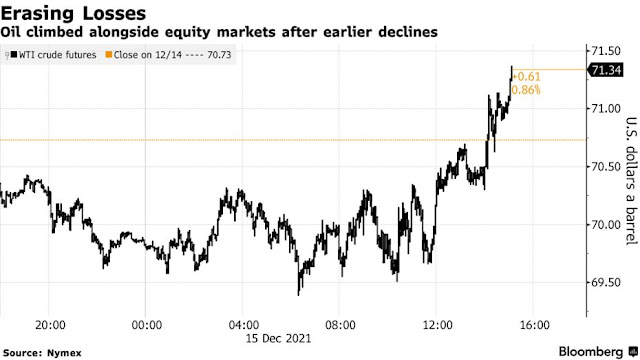Indiabulls Housing Finance Ltd.’s founder is nearing a deal to sell about half his stake in the shadow lender to investors led by Blackstone Group Inc. and Abu Dhabi Investment Authority, according to people familiar with the matter, as the sector comes out of a three-year meltdown.
Sameer Gehlaut, who founded Indiabulls Housing 16 years ago, will sell roughly 11% to the firms in an initial tranche, the people said, asking not to be identified as the details are private. The transaction could be announced to the exchanges as early as Thursday, the people said.
The deal could be valued at about 14 billion rupees ($180 million) based on Indiabulls Housing’s current market value, according to data compiled by Bloomberg.
A representative for Indiabulls Housing and Gehlaut didn’t immediately respond to an email seeking comment outside of business hours in India Wednesday. Blackstone, ADIA didn’t reply to emails.
Indiabulls Housing has been facing investor scrutiny since the collapse of IL&FS Group in 2018, which triggered a prolonged credit market crisis that led to defaults by more than five non-bank lenders. The company’s shares have slumped by about 80% since the record high of about 1,190 rupees reached in 2018.



